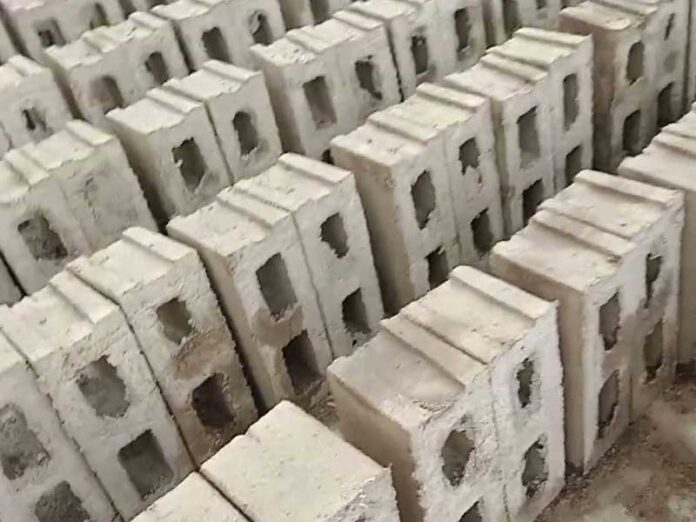The construction industry has been disrupted by the development, which presents serious difficulties for households and huge developers.
A number of variables, such as supply chain disruptions, rising labor costs, and wholesalers hiking prices above factory rates, are responsible for the increase.
A Daily Trust report claims that the price of cement increased by 100%, from ₦4,000 to ₦8,800 per bag.
Last year, blocks sold for ₦250 each, but currently, depending on their size, they range from ₦550 to ₦600.
The price of 10mm to 16mm iron rods, which cost ₦800,000 per ton in 2023, might now reach ₦1,600,000 or higher, depending on the manufacturer.
Paint prices have also increased. For example, a large rubber that used to cost between ₦23,000 and ₦25,000 now costs between ₦46,000 and ₦50,000.
Nigeria’s headline inflation rate increased by 0.55 percent month over month from 32.15 percent in August 2024 to 32.70 percent in September 2024, according to the National Bureau of Statistics (NBS).
The NBS also noted that rising food and transportation expenses drove inflation during the month.
Construction has slowed as a result of this inflationary pressure, as developers grapple with the financial ramifications of skyrocketing material prices.

